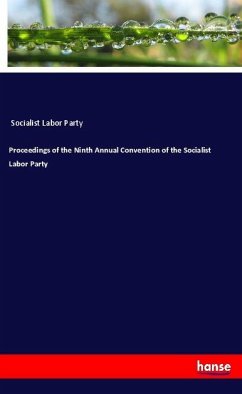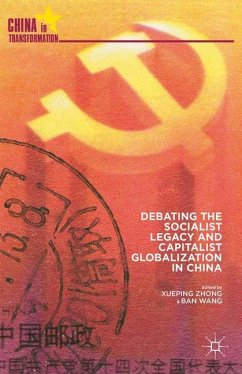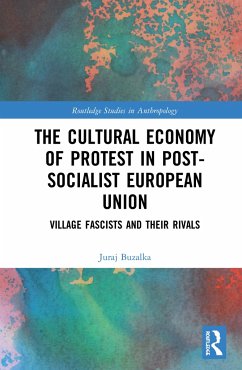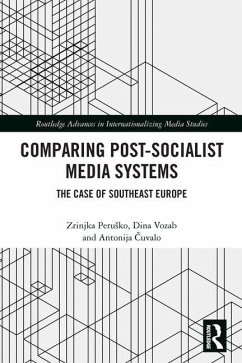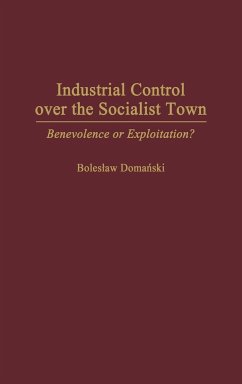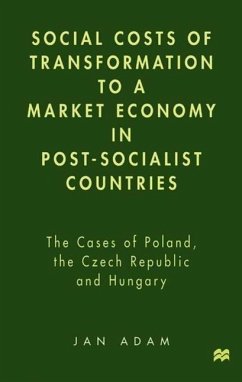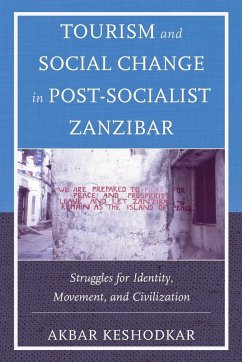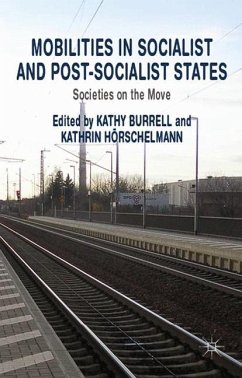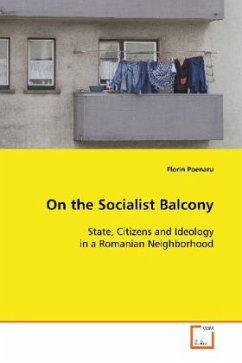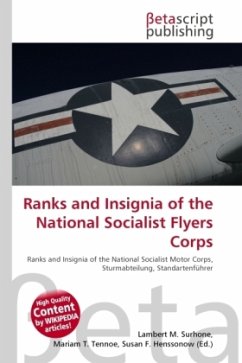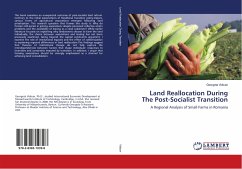
Land Reallocation During The Post-Socialist Transition
A Regional Analysis of Small Farms in Romania
Versandkostenfrei!
Versandfertig in 6-10 Tagen
52,99 €
inkl. MwSt.

PAYBACK Punkte
26 °P sammeln!
This book examines an unexpected outcome of post-socialist land reform. Contrary to the initial expectations of Neoliberal transition policy-makers, various forms of agricultural associations emerged following land privatization. The research question that frames this study is: Why do farmers still persist in joining associations despite perceived collective action problems and the availability of leasing as a close substitute? While earlier literature focused on explaining why landowners choose to farm the land individually, the choice between associations and leasing has not been previously ...
This book examines an unexpected outcome of post-socialist land reform. Contrary to the initial expectations of Neoliberal transition policy-makers, various forms of agricultural associations emerged following land privatization. The research question that frames this study is: Why do farmers still persist in joining associations despite perceived collective action problems and the availability of leasing as a close substitute? While earlier literature focused on explaining why landowners choose to farm the land individually, the choice between associations and leasing has not been previously examined. Going beyond the capital constraints argument, I examine the role of institutional legacies and the effect of collectivization in explaining regional differences in land reallocation.The findings suggest that theories of institutional change do not fully capture the interdependencies between factors that shape individuals' responses to incentives and constraints imposed by transition. In addition, I argue that farming associations should be strongly emphasized as a channel for achieving land consolidation.



